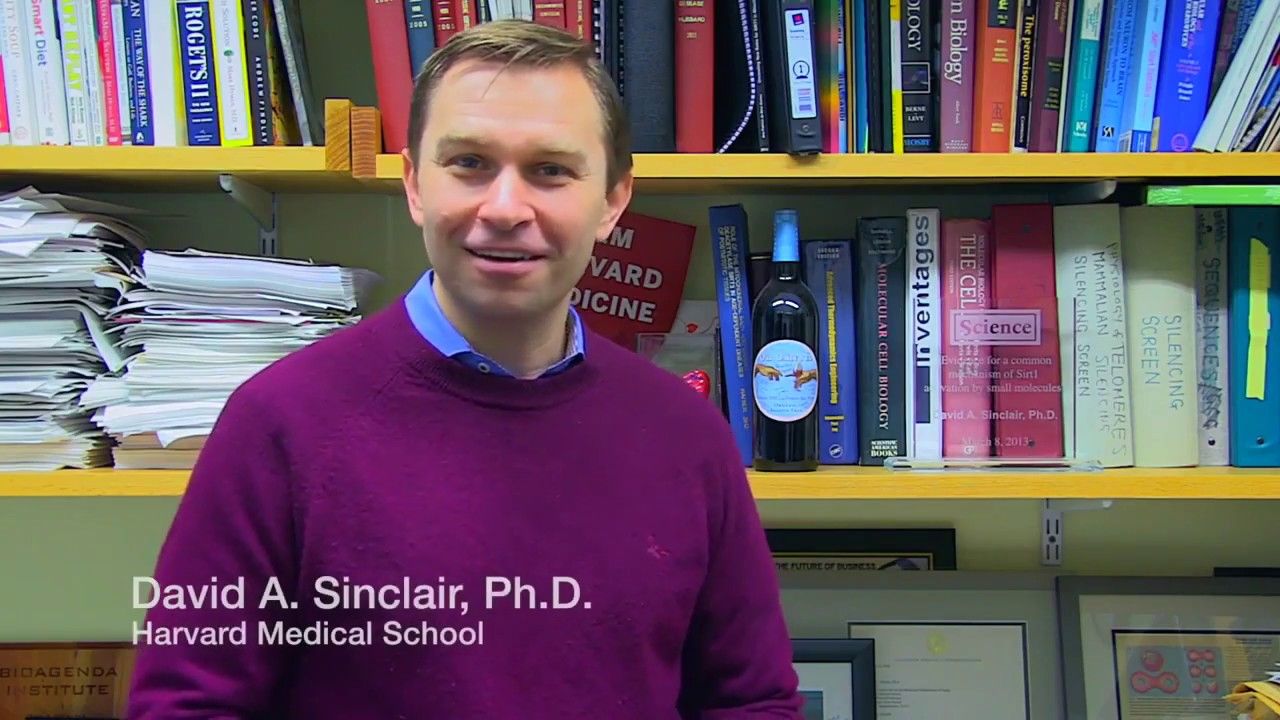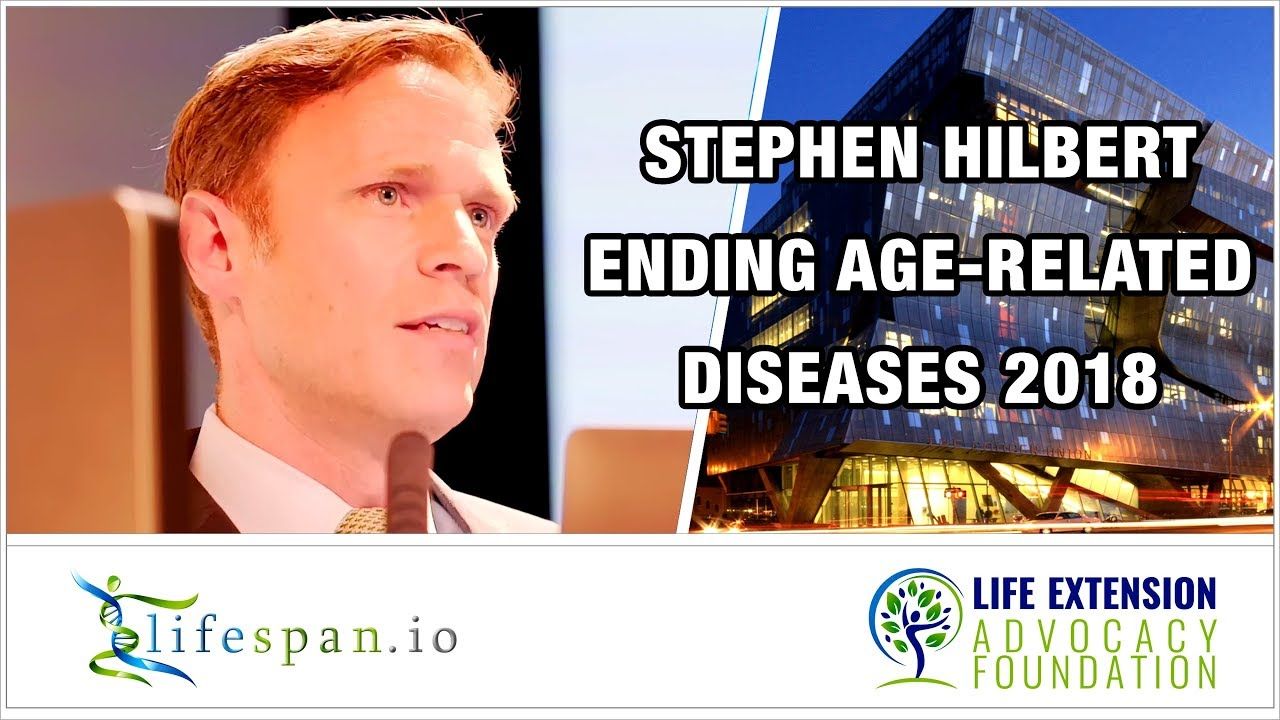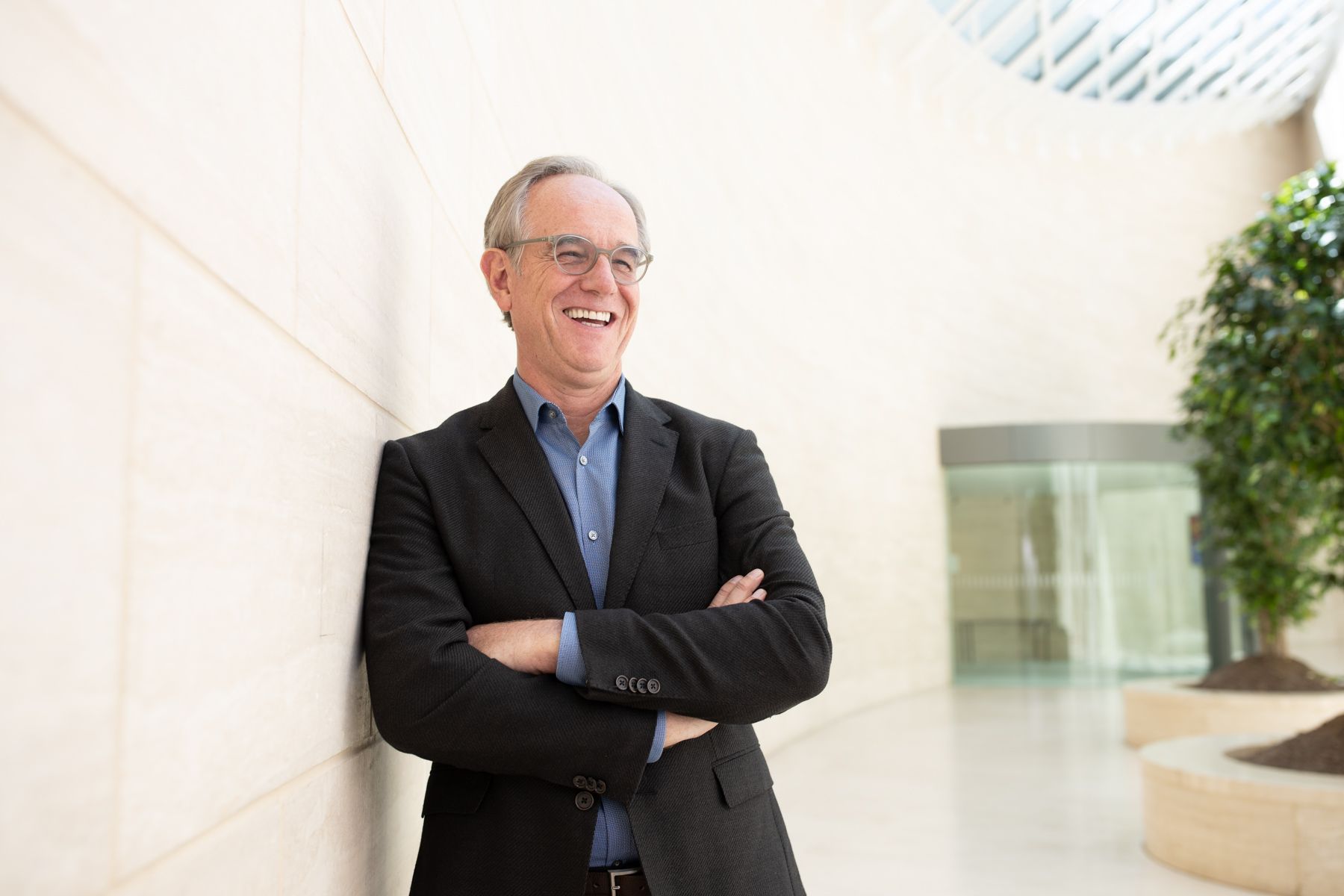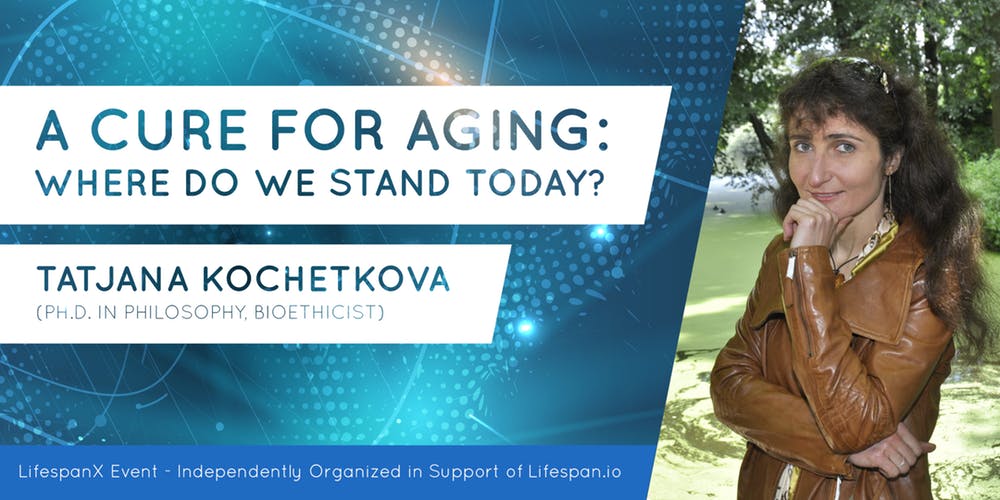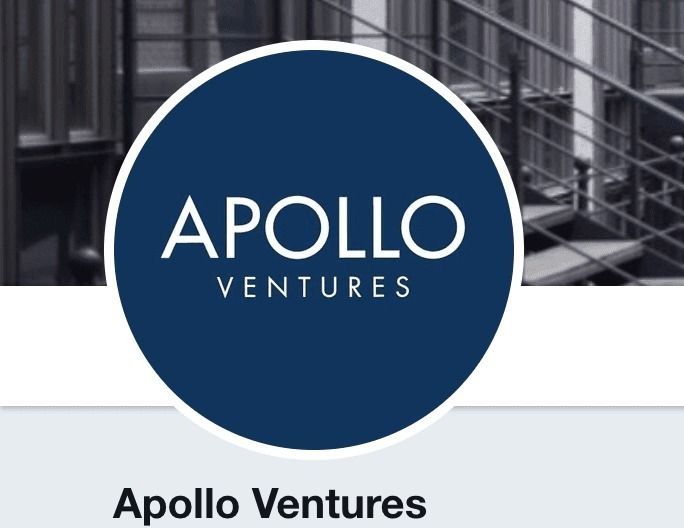A duty to die at 75 by law?! No need to cure one disease because anyway you will die from another after 65?! A new article uncovers the dangers of going to ‘healthy’ and not longer lifespan:
2) A duty to die becomes greater as you grow older. As we age, we will be giving up less by giving up our lives, if only because we will sacrifice fewer remaining years of life and a smaller portion of our life plans… To have reached the age of, say, seventy-five or eighty years without being ready to die is itself a moral failing, the sign of a life out of touch with life’s basic realities.
3) A duty to die is more likely when you have already lived a full and rich life. You have already had a full share of the good things life offers.
Most bioethicists who denigrate the equal importance of the lives of the elderly and/or who promote age-based health-care-rationing schemes are not as explicit or impolitic in their advocacy as Hardwig. But changing the “primary goal of medicine” to “healthspan” — if involuntary or based on policy — would come perilously close to justifying that same utilitarian end.

